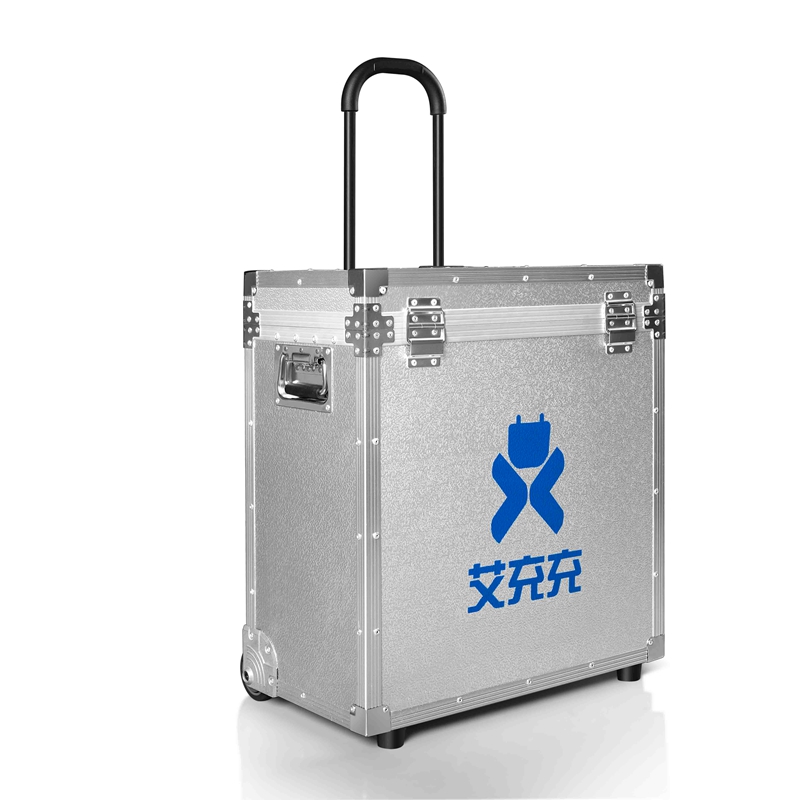
Aug . 19, 2024 16:08 Back to list
Emerging Trends in Home Energy Storage Solutions and Market Opportunities
The Rise of the Residential Energy Storage Market
In recent years, the residential energy storage market has experienced remarkable growth, bolstered by increasing concerns regarding energy sustainability, rising electricity costs, and the urgency to mitigate climate change. This burgeoning sector comprises various companies that offer innovative energy storage solutions, enabling homeowners to harness renewable energy and achieve greater energy independence.
Understanding Residential Energy Storage
Residential energy storage systems primarily consist of batteries that store excess electricity generated from renewable sources, such as solar panels. When homeowners produce more energy than they consume, the surplus power can be stored and used during peak demand times or when the renewable source is not generating electricity (e.g., at night or during cloudy weather). This capability helps mitigate the issues associated with energy intermittency, ensuring a steady and reliable power supply.
The most common technologies used in residential energy storage are lithium-ion batteries, which are known for their high energy density, efficiency, and decreasing costs. Other technologies, such as flow batteries and lead-acid systems, are also part of the market, though they are less prevalent due to various limitations.
Market Drivers
Several factors are driving the growth of the residential energy storage market. Firstly, the global push for renewable energy adoption is a significant catalyst. Governments and organizations worldwide are implementing policies and incentives to promote sustainable energy practices, such as tax credits, rebates, and grants for homeowners who invest in renewable energy systems, including energy storage.
Secondly, the rising cost of traditional energy sources has led many homeowners to seek alternative solutions. With electricity prices steadily increasing in many regions, energy storage systems can reduce dependency on the grid and provide tangible savings on monthly utility bills. Additionally, energy storage systems often add value to a home, making them an attractive investment.
residential energy storage market company

Lastly, advancements in technology have significantly improved the performance and affordability of energy storage solutions. Companies in the residential energy storage market are continuously innovating, developing smarter systems equipped with enhanced monitoring capabilities and integrating advances in artificial intelligence and Internet of Things (IoT) technology. These innovations help optimize energy management at home, making it easier than ever for consumers to track their energy usage and savings.
Key Players in the Market
Several companies have emerged as leaders in the residential energy storage market. Tesla's Powerwall, one of the most well-known systems, has gained immense popularity due to its sleek design, high storage capacity, and user-friendly interface. Other notable players include LG Chem, Sonnen, and Enphase Energy, each offering unique features that cater to different consumer needs.
These companies not only provide energy storage solutions but also collaborate with solar energy providers, creating integrated systems that maximize the benefits of renewable energy adoption. As the market continues to expand, more companies are likely to enter the fray, contributing to increased competition and innovation.
Challenges Ahead
While the prospects for the residential energy storage market are promising, several challenges remain. High upfront costs associated with purchasing and installing energy storage systems can be a barrier for some homeowners. Additionally, concerns regarding battery longevity and environmental impact from battery disposal need addressing. The industry must also contend with regulatory hurdles, as policies can vary significantly from region to region.
Conclusion
The residential energy storage market is poised for significant growth in the coming years, driven by technological advancements, market demand for sustainable energy solutions, and the rising cost of traditional electricity. As more homeowners seek energy independence and contribute to a greener future, companies within this sector will play an indispensable role in shaping the energy landscape, ultimately leading to a more sustainable and reliable energy future. The move towards a decentralized energy grid is not just a trend; it is becoming a necessary evolution in how we produce, consume, and think about energy.
-
Advanced AI Energy Management with GPT-4 Turbo
NewsAug.02,2025
-
AI-Powered EMS with GPT-4-Turbo | Efficiency Boost
NewsAug.01,2025
-
Optimized Storage System for GPT-4-Turbo | High Performance
NewsJul.31,2025
-
AI Energy Management System w/ GPT-4 Turbo Efficiency
NewsJul.31,2025
-
High-Performance Energy Storage System for Reliable Power Solutions
NewsJul.30,2025
-
Advanced EMS Solutions for Energy Management System & Storage Battery Companies
NewsJul.29,2025























